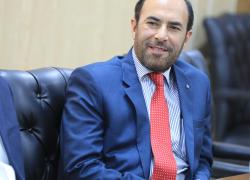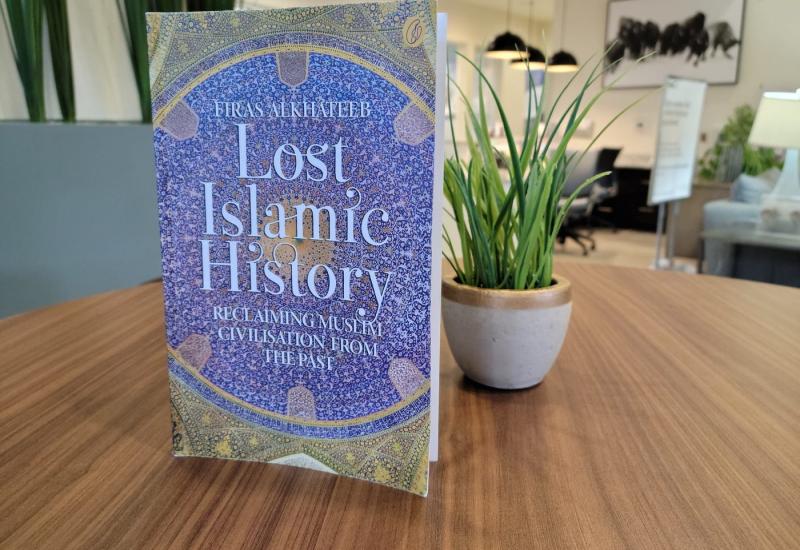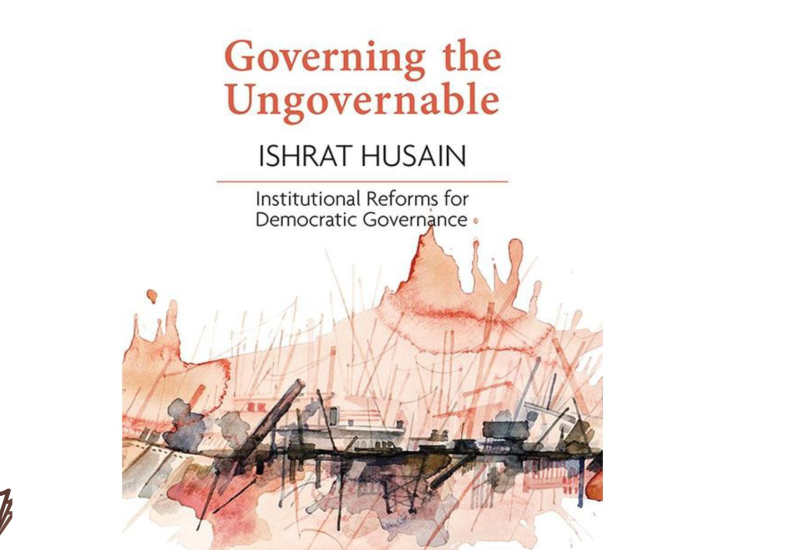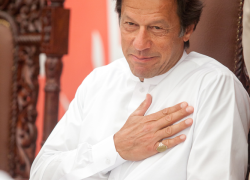Conflict of interest: A pathetic account of the public sector universities in Pakistan
In the public sector universities in Pakistan, many times, situations of conflict of interest arise while dealing with the business of fresh hiring, projects management, procurement, consultancy, examinations and civil work where employees handling with these critically important and sensitive tasks have competing interests or changing loyalties used to be potentially at odds with the interests of the universities.
This kind of situation causes an employee, experience a struggle between diverging interests, varying allegiances and changing loyalties. In such a scenario, the universities’ management has absolutely no idea how to manage the occurrence. In the absence of a strong policy, the universities’ administration gets stymied to proceed further.
During a recent session of the HEC Institutional Performance Review Panel in the Khyber Medical University (KMU) attended by Prof. Dr. Fida Younis Khattak, Dean Faculty of Physical Sciences KUST, Prof. Dr. Jawad Ahmad, Dean Faculty of Basic Medical Sciences/Pro-Vice Chancellor, KMU, Prof. Dr. Zia ul Haq, Dean faculty of Public Health & Social Sciences, KMU, Prof. Dr. Muhammad Saleem Registrar, KMU, Dr. Zilli Huma Director, IBMS, KMU, Dr. Asif Ali Associate Professor, IBMS, KMU and Ms. Syeda Asiyah Bukhari Acting Director (QEC), KMU, the need for formulating a comprehensive conflict of interest policy was realized. In this backdrop, this article is intended to share my insight about the subject matter with the academics, concerned officials and university’s top management.
What is a conflict of interest?
Conflict of interest refers to a situation where there are competing interests or where an employee’s personal interests clash with the interests of the organization, he/she works for. This phenomenon postulates dual relationships. It involves a person who has two relationships at the same time that might compete with each other. For example, the person might have a loyalty to an employer and also a commitment to a family business, bestie or a close relative. Such a situation demands the person to have its best interests, served first and hence, the conflict of interests occurs.
Situations involving conflict of interest
A conflict of interest may arise in the event when a public official’s personal interests contradict with his/her professional position or when the interests of a person who has a position of authority in one organization conflict with his or her interests in an another organization or when the person has conflicting responsibilities.
Implications
Administrative, financial, legal, and ethical lapses are often the result of a fragile and ineffective mechanism for addressing conflict of interests. This is an unwanted circumstance as it may have heavy implications for the employee’s integrity, commitment to the employer and overall interests of the organizations. More generally, this can be any situation in which an employee is in a strong position to potentially exploit his/her professional capacity or official position to cater to his/her personal benefits to the serious disadvantage of the organization.
Aim of the conflict of interest policy
A conflict of interest policy is intended to help ensure that when actual or potential conflict of interest occurs, the organization has an effective and robust mechanism in place to handle such issues and the management may be in a comfortable position to advise the competent authorities or governing bodies about the relevant facts with regard to the circumstances and the affected employee has a proper grievance redressal apparatus at his/her disposal.
State of affairs in the universities in Pakistan
A number of administrative functions performed in the public sector universities in Pakistan potentially involve a situation of conflict of interest. In a great deal of cases, the employees who deal with the business of recruitment and selection, procurement, civil work and examinations lack basic understanding of the phenomenon and hence they do not disclose that they were related to a candidate, supplier, bidder or contactor who was competing for a particular position/bid/contract advertised by the university. Such a situation also emerges because of the critical deficiency of policy guidelines for the management of the conflict of interest.
Dearth of policy guidelines on conflict of interest
Universities, in general, have not delineated guiding principles or adopted such a policy to address the situation and to ensure that all the tasks, activities, and processes associated with staffing, procurement, projects, civil work and examinations are pursued with the highest standards of conduct, honesty and integrity in all prevailing circumstances.
The employees, normally, do not declare such a situation for a variety of reasons. i) They happened to be not sensitised, properly educated and trained about it, ii) They do not report it officially for personal reasons even if they were aware of it, and iii) They do not disclose it openly and publicly for lack of proper policy framework.
Illustrative examples of conflict of interest
In the academic environment, conflict of interest may occur whenever an employee’s interest in a particular subject matter may lead him/her to actions, activities or engagements that undermine the interests of the university and may place it to the disadvantage. For instance:
- When an employee, dealing with the matters pertaining to recruitment and selection or members of the interview panel or members of the final decision-making bodies have personal or family relations with a candidate. Same is the case with admission matters.
- When an employee who deals with the procurement or any member of the Technical or Purchase committee has a friendship or family association with the concerned supplier/vendor/enterprise.
- When an employee who deals with the civil work or any member of the Works Committee has friendship or family affiliation with the concerned contractor.
- When the blood relative of an employee (who deals with the sensitive matters in examinations) is appearing in the examination or any member of the invigilating staff has a friendship, blood relation or family association with a candidate appearing in the examination.
- When an employee who deals with the matters concerning affiliation of private educational institutes or any member of the affiliation or inspection committee has stack in a private educational institute (seeking affiliation with the university) or has a friendship or family relations with the owner of the private institute.
Managing conflict of interest
To manage situations of conflict of interest, universities need to formulate a clear-cut policy, procedures and communicate it to all concerned for strict compliance. The top management should ensure that the officials involved in the process of procurement, consultancy, recruitment and selection and civil work should: i) Recognize any event of conflict of interest; ii) Disclose in writing if any such situation arises; iii) Do not participate in the decision making process in such circumstances; and iv) Keep record of a particular occurrence of the conflict of interest in order to uphold fairness, equality and transparency in the various administrative functions in the universities.
Officials, members of the selection board/committee or members of the governing bodies should not be a part of any such proceedings where there is an explicit situation involving conflict of interest or where their presence could potentially influence the decision making process.
The possibility, that a conflict of interest may occur can be anticipated and resolved before any damage is done. Therefore, when an employee feels or suspects that a conflict of interest exists, he/she should bring the matter to the attention of the management so that corrective measures may be taken in time.
To ensure that a culture of integrity is safeguarded, prevailed and promoted the universities management has to be vigilant in furthering a conflict of interest compliance policy and investigating potential violations of the policy. The responsibility of resolving a conflict of interest starts from the immediate supervisor and may reach senior management; hence, the supervisors must keep an eye on the potential conflict of interests of their subordinates.
Disciplinary consequences
In case, when a conflict of interest is deliberately concealed or when a solution cannot be found, disciplinary action may be invoked upon the employee under Efficiency & Discipline Statutes for which necessary provision needs to be incorporated in the relevant Statutes.

















